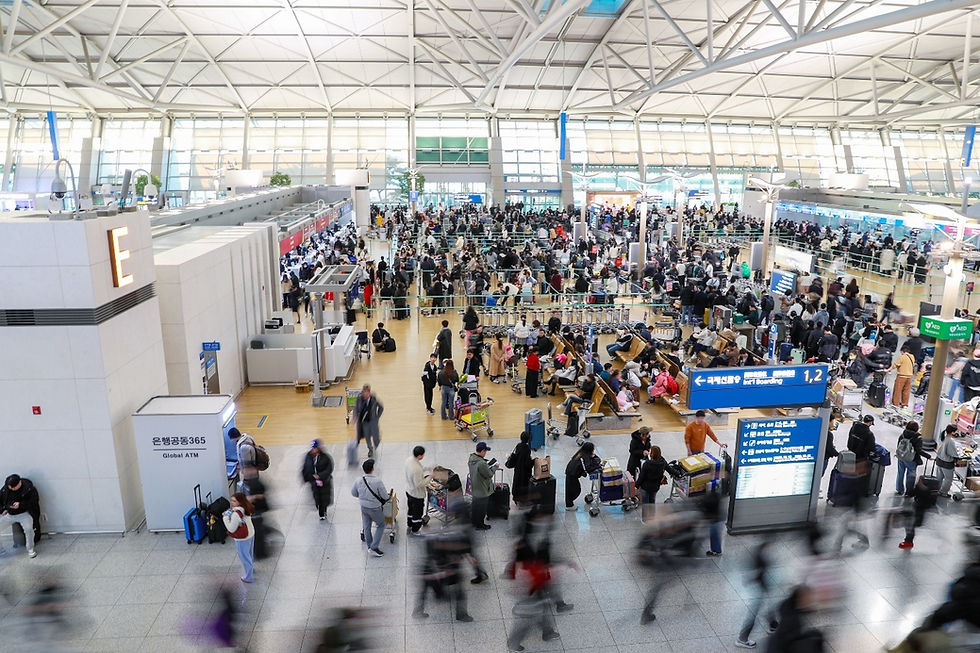Adapting to Seasonal Consumer Behavior in South Korea: Opportunities in Food and Beverage Markets
- The Dr.K

- Jul 23, 2024
- 2 min read
Understanding seasonal consumer behavior in South Korea provides significant opportunities for food and beverage companies to innovate and capture market share. Our recent analysis of consumer patterns during the rainy season and spring months highlights how weather impacts food preferences and buying behaviors, presenting a unique chance for businesses to tailor their offerings.

During the monsoon months, traditional comfort foods such as bindaetteok and sujebi see a surge in sales. Bindaetteok restaurants, for instance, experienced a 35% increase in transactions on rainy days compared to clear days. This indicates a robust demand for comfort foods that businesses can leverage by focusing on targeted marketing strategies and enhanced distribution channels, especially through delivery services.
Conversely, establishments like sashimi and mulhoe restaurants noted a decline in sales during the same period, suggesting that not all food sectors benefit equally from seasonal shifts. This underscores the importance of adaptive business strategies that consider the broader implications of consumer behavior driven by weather changes.
Furthermore, the spring season ushers in a different dynamic in consumer behavior, particularly in the drinks sector. With nearly half of the consumers indicating a change in their beverage preferences post-winter, there's a pronounced shift towards lighter, refreshing drinks. Companies can capitalize on this by introducing new flavors and drinks that align with the seasonal preferences for fruity, floral, and citrus notes.
Investment in staff training is also critical as informed and engaged bartenders can significantly influence consumer choices, enhancing sales through personalized recommendations. Additionally, implementing strategic promotions and deals, especially during key seasonal shifts, can attract more consumers and encourage frequent visits.
In conclusion, aligning business strategies with the insights derived from consumer behavior patterns related to seasonal changes in South Korea can help food and beverage companies not only meet consumer demand more effectively but also enhance their market position and profitability. By staying attuned to these shifts, businesses can better forecast demand, manage inventory, and create marketing campaigns that resonate with consumers' current preferences.
This approach will ensure that your company remains at the forefront of the food and beverage industry in South Korea, ready to adapt and thrive in a dynamically changing market.
Reference




Comments